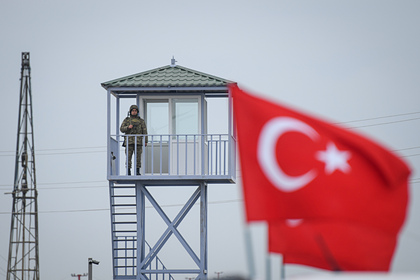In Turkey, it was considered that the Russian electronic warfare systems (EW) will not be able to resist the Bayraktar TB2 attack and reconnaissance unmanned aerial vehicles (UAVs). The corresponding doubts about the EW systems were expressed by Baykar CEO Haluk Bayraktar in an interview with journalist Ibrahim Haskologlu on Twitch, RIA Novosti reports .
"Russian electronic warfare systems could not stop the Bayraktar TB2 even for an hour," Bayraktar concluded, explaining that the drone is protected from electronic warfare, so it "will always be in the air."
Earlier, the industrial director of the Rostec weapons complex, Bekhan Ozdoev, in an interview with Izvestia , called the Russian Orion-E reconnaissance and strike complex a "classmate" of the Turkish Bayraktar TB2. According to him, currently "Russia has its own line of kamikaze drones." The industrial director pointed out that according to some characteristics of "barrage ammunition", Russian developments "even surpass foreign competitors".
In May last year, Ukraine announced the weaknesses of Russian electronic warfare. According to the Ukrainian consulting agency Defense Express, such complexes, in particular, can suppress the work of not only enemy equipment, but also their own equipment, and are not unique, but represent a further development of Soviet technologies and contain from 5 to 10 percent of foreign components.
Arina Sohieva

